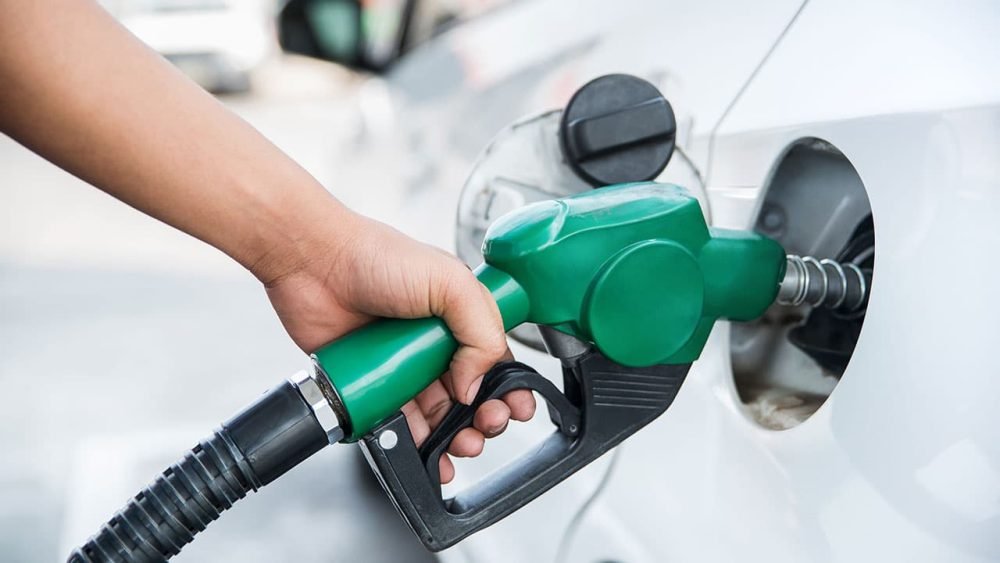Oil Marketing Association of Pakistan (OMAP) has requested the Ministry of Energy for urgent intervention on revised Oil Marketing Companies (OMCs) margins by the Oil and Gas Regulatory Authority (OGRA).
In a letter written to Secretary Petroleum Ministry of Energy Momin Agha, Chairman OMAP Tariq Wazir Ali said that OMAP found the proposed margin far below the recommended level necessary for the healthy functioning of OMCs.
He said that given the escalating cost of doing business, decreasing sales, pending sales tax refunds, FX losses adjustment and rising operational expenses, the current margin structure does not adequately support the financial viability of OMCs. This is particularly alarming in an industry where operational and logistical challenges already create thin margins. If the margin remains at the proposed level, it would severely impact the ability of OMCs to cover even the basic operational requirements, let alone invest in critical areas such as infrastructure development, digital transformation, and safety protocols.
Tariq Wazir Ali further said that it is essential to note that OGRA, being the custodian of this sector, should advocate for a margin that truly reflects the operational realities of OMCs. If OGRA has been entrusted by the Ministry to recommend a suitable margin, we respectfully expect that this recommendation be based on a detailed and accurate depiction of the OMCs’ business landscape. A margin that does not account for the high cost of doing business will only result in diminishing returns for the entire sector, potentially leading to the closure of smaller OMCs and limiting competition.
He added, “As per factual position even the established oil marketing companies (OMCs) have suggested a minimum increase in the OMC margin to Rs. 12.65 per liter, excluding the Rs. 2.50 per liter required for digitization. Whereas all the Emerging Oil Marketing Companies have suggested a minimum margin of Rs 15.90 based on the financing costs of maintaining a 20-day stock cover, turnover tax, handling losses, demurrage, financing cost of unadjusted Sales Tax and operating expenses incurred by OMCs.”
However, OGRA’s recent recommendation of a mere Rs. 1.35 per liter increase, which includes Rs. 0.50 for digitization, is far below the minimum required level, he said adding that this recommendation seems almost farcical, as it fails to address the genuine financial challenges faced by OMCs and cannot even be regarded as a serious attempt to resolve the issue—amounting to little more than a mere eyewash.
In light of the above, we strongly recommend that OGRA should be directed to reconsider the proposed margins and suggest a revision that aligns with the current market dynamics. An appropriate margin must be implemented to ensure the survival of OMCs and their ability to continue providing reliable and efficient services across Pakistan.
He further demanded, ‘We trust that Ministry of Energy (Petroleum Division) will stand with OMCs in this difficult time and take our concerns into serious consideration. We remain available for any further discussions and hope that our genuine demands will be addressed in an appropriate way.”










